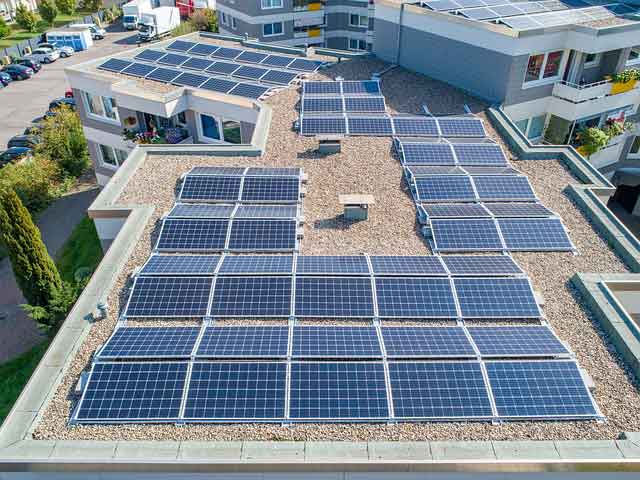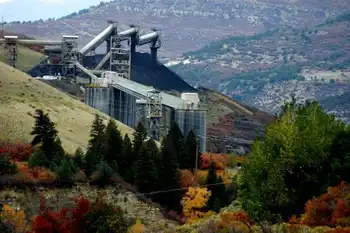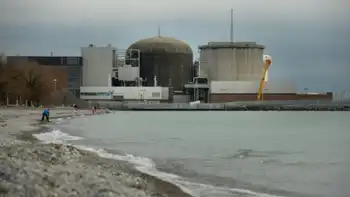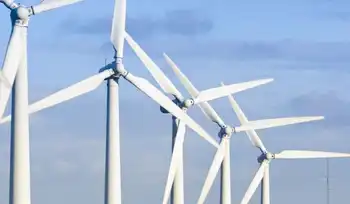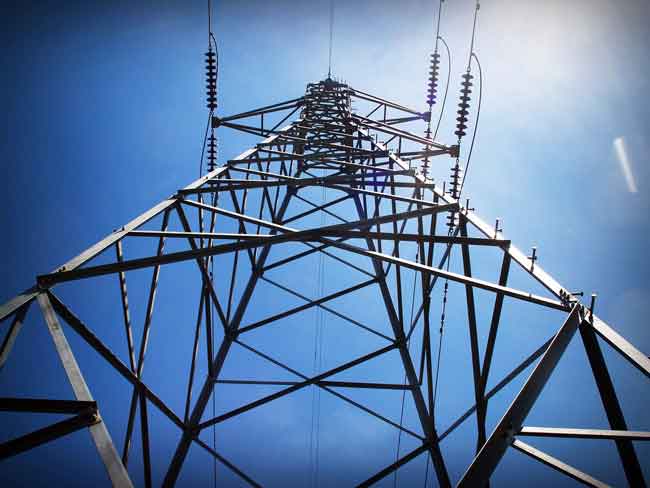New world power is gas, not nuclear
By Globe and Mail
Arc Flash Training CSA Z462 - Electrical Safety Essentials
Our customized live online or in‑person group training can be delivered to your staff at your location.

- Live Online
- 6 hours Instructor-led
- Group Training Available
Fear not, they said, any lost nuclear power will be replaced by squeaky-clean wind, solar, hydro and biomass power.
The German green power lobby, BEE, said its members would be able to supply 47 per cent of German power requirements by 2020, more than replacing the missing juice from the country's nukes, should they all be unplugged.
And if you believe that, we've got an electric car that will go 500 kilometres between charges.
There is no doubt that Japan's nuclear catastrophe will stall nuclear energy development for years, perhaps decades, just as the Three Mile Island accident of 1979, and Chernobyl seven years later, did. In the United States, no new nuke has been fired up in 30 years. But the green power producers should be just as worried as the nuke industry about their futures, or lack thereof. The reason: Cheap natural gas, and lots of it, is flooding the energy markets.
As late as 2008, gas was considered an increasingly rare commodity and gas prices generally tracked oil prices, that is, they went up. Then a geological beauty called shale gas went from commercial fantasy to reality. Thanks to shale gas, U.S. production is at its highest level since 1973.
Shale gas has been called an "energy revolution." The gas is trapped in layers of shale, a carbon-rich sedimentary rock, deep below the surface the vast Marcellus shale in the U.S. Northeast is about 1.5 kilometres down. To tap the gas, pumps force a mixture of water, sand and chemicals, some of them toxic, into the shale under enormous pressure. The process, known as fracking, has been called the equivalent of an underground earthquake. It fractures the shale, releasing the gas.
In the United States, thousands of shale gas wells are in operation, boosting gas supplies to levels that no one could imagine a few years ago and making the country the world's third-largest gas producer. Canada is in the shale gas game too, with Encana and Talisman Energy in hot pursuit of the resource domestically and internationally. Various estimates now put the North American gas supply at 100 years.
Shale gas has clobbered gas prices. At about $4 US per thousand cubic feet, they are half the level of their 2009 price, making gas the only commodity that has not gone up since last year. Some analysts even talk about effectively "free" U.S. gas production. In a February report, the energy analysts at Barclays Capital noted that, "several shale plays now populate the cheaper parts of the [cost] curve."
How can the nuclear, coal and renewable energy industry compete with vast supplies of cheap gas? They can't. Even some nuclear industry executives admit as much.
In a speech — in Washington in February — a month before the reactor-wrecking Japanese earthquake and tsunami — John Rowe, CEO of Exelon, the American power company with more nuclear reactors 17 than any of its competitors, effectively declared the nuclear era over. In comparison to gas, he said, "neither nuclear, coal with carbon capture and sequestration, wind nor solar are economic."
John Hess, CEO of Hess Corp., the oil, gas and refining company formerly known as Amerada Hess, is in broad agreement with Mr. Rowe. "Nuclear plants simply cannot compete economically against natural gas," he said at the IHS CERA conference in Houston earlier this month.
Not only is gas cheap, gas plants themselves are relative bargains. Mr. Hess said a typical nuclear plant takes 10 years and $6-billion to build, while a coal-burner takes thee years and $3-billion. A gas plant? Two years and $1-billion.
Gas, of the shale or conventional variety, is not the miracle fuel, to be sure. Just as no one wants a nuke plant it his backyard, no one wants a gas plant. Note the difficulty Ontario Power Generation has had in getting new gas plants built. This explains in good part why OPG is pushing ahead with its nuclear fleet refurbishment, Japan catastrophe or not.
While gas is often considered a "clean" fuel, nothing could be farther from the truth. It is simply cleaner than coal and nowhere near as clean as nuclear. Burning gas to keep the lights on produces about half the amount of carbon dioxide as coal. The gas plants' ubiquity would merely slow the rate of global warming. And shale fracking might be fraught with environmental difficulties. In the United States, the shale gas industry has been hit with lawsuits over alleged aquifer contamination.
Still, there is no denying that shale gas has radically altered the economics of power production virtually overnight. The Japanese disaster is not killing the nuclear industry, gas is, and it's taking grubby coal down with it. That's good news.





